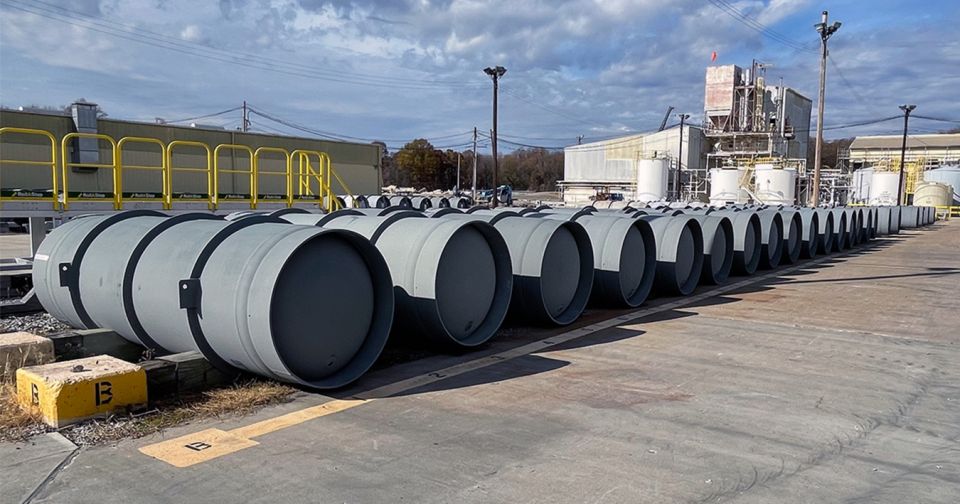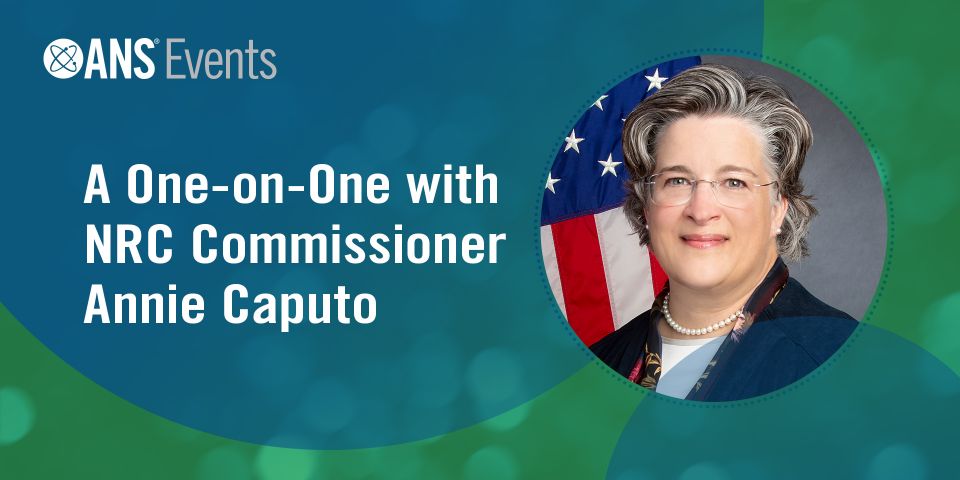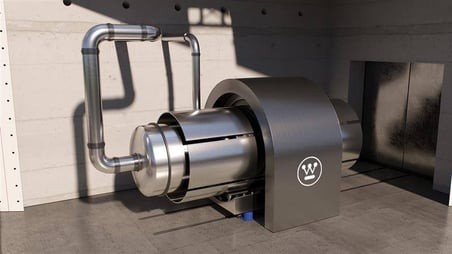Construction begins on Kairos’s fluoride salt–cooled test reactor
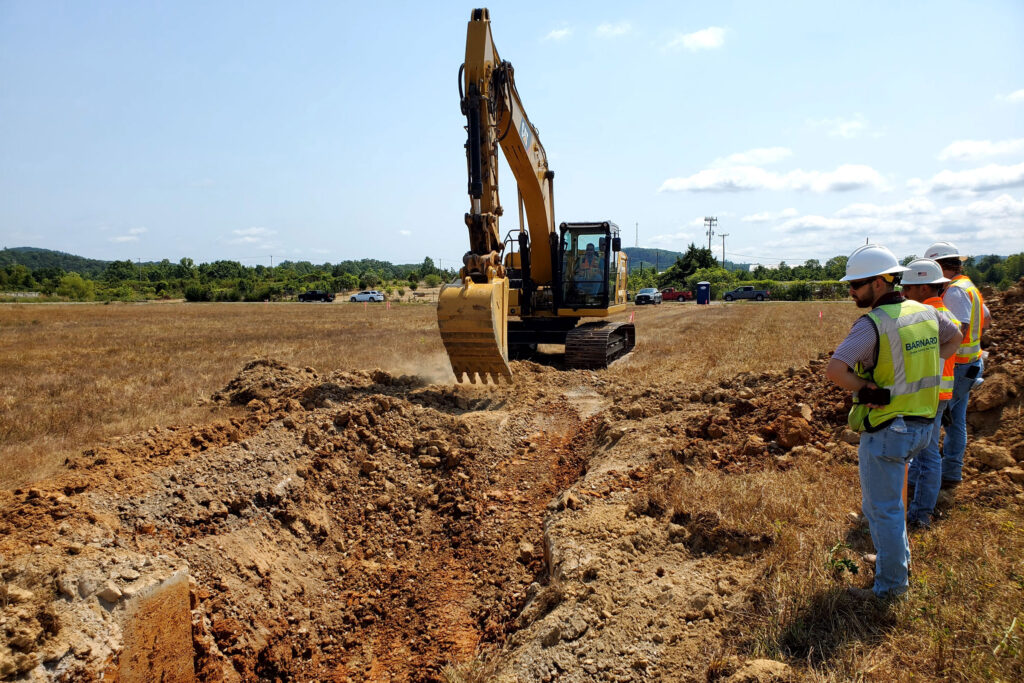
Earlier today, on a site in Oak Ridge, Tenn., that was formerly home to the K-33 Gaseous Diffusion Plant, Kairos Power marked the start of construction on its low-power demonstration reactor. Named Hermes, the 35-MWt test reactor claims status as the first Gen IV reactor to be approved for construction by the Nuclear Regulatory Commission and the first non–light water reactor to be permitted in the United States in more than 50 years.
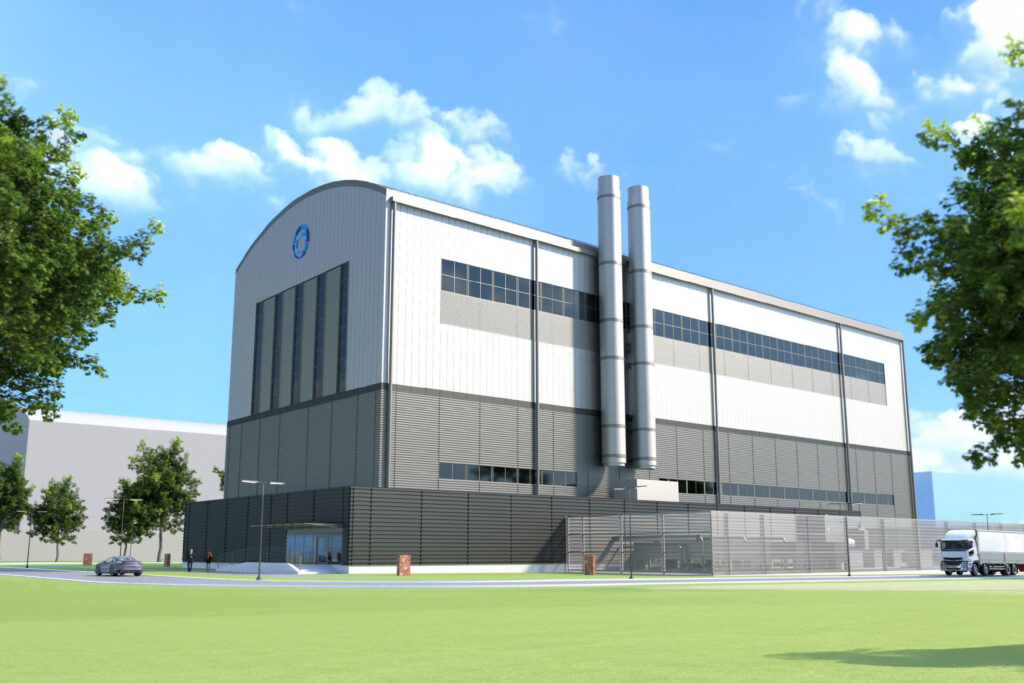
Architect’s rendering of the Hermes Low-Power Demonstration Reactor facility. (Image: Kairos Power)
Kairos expects to operate Hermes in 2027, one year later than the company anticipated in 2021. The objective is simple: To demonstrate Kairos Power’s ability to produce usable thermal energy using high-assay low-enriched uranium TRISO fuel pebbles and molten FLiBe coolant (consisting of lithium fluoride and beryllium fluoride). Hermes won’t produce electricity.
“Hermes is a pivotal step toward deploying advanced reactor technology with the potential to transform our energy landscape,” said Mike Laufer, Kairos chief executive officer and cofounder. “The lessons we take away from the construction and operation of this reactor will be invaluable to enable continued innovation in our testing program and accelerate Kairos Power’s progress toward delivering true cost certainty to our customers.”
The iterative approach: Kairos has contracted with Barnard Construction Company Inc. to perform site work and excavation at the Hermes site in Oak Ridge, which began earlier this month. Barnard and Kairos are also collaborating on construction of the company’s third molten salt Engineering Test Unit (ETU 3.0) in Oak Ridge to inform the construction and operation of the Hermes project.
Kairos launched an iterative approach to nuclear development with its ETU 1.0—the largest FLiBe salt system ever built—which was loaded with 14 tons of FLiBe beginning in November 2023, but Hermes will be the company’s first nuclear build. ETU 1.0 wrapped up its pumped salt operations using surrogate fuel pebbles this summer, and ETU 2.0 is currently under construction in New Mexico.
Both Hermes and ETU 3.0 will be built using modular construction techniques piloted at Kairos’s testing and manufacturing campus in Albuquerque, N.M., with reactor modules fabricated in Albuquerque and shipped to Oak Ridge for assembly.
Hermes got its construction permit from the NRC in December 2023, and Kairos is already well on its way to getting a construction permit for Hermes 2—a pair of 35-MWt reactors that will be built at the company’s Oak Ridge site with a shared turbine to demonstrate electricity generation.
Both Hermes and Hermes 2 are part of Kairos’s plan to commercialize its KP-FHR, a 140-MWe fluoride salt–cooled, high-temperature reactor.
What it means for Tennessee: Kairos has committed to investing at least $100 million and creating more than 55 full-time jobs in eastern Tennessee to support Hermes’s construction and operation, while the Department of Energy is investing up to $303 million through a performance-based milestone contract funded by the Advanced Reactor Demonstration Program to support the reactor’s design, construction, and commissioning. Kairos and the DOE reached an agreement on that ARDP funding in February 2024.
“We’re thrilled to start building in the historic East Tennessee Technology Park,” said Edward Blandford, Kairos chief technology officer and cofounder. “The city of Oak Ridge, the Department of Energy and its contractors, and the Barnard team have all been excellent partners in helping us repurpose this brownfield site.”
Progress and partnership: Kairos calls Hermes “a joint effort” with partners that include Oak Ridge National Laboratory, Idaho National Laboratory, the Electric Power Research Institute, and Materion Corporation. The company is working with Los Alamos National Laboratory to manufacture TRISO fuel pebbles for Hermes at the lab’s Low Enriched Fuel Fabrication Facility and has commissioned a fluoride salt purification plant in Elmore, Ohio, with Materion. Kairos has also established a cooperative development agreement with the Tennessee Valley Authority to provide engineering, operations, and licensing support for Hermes.




